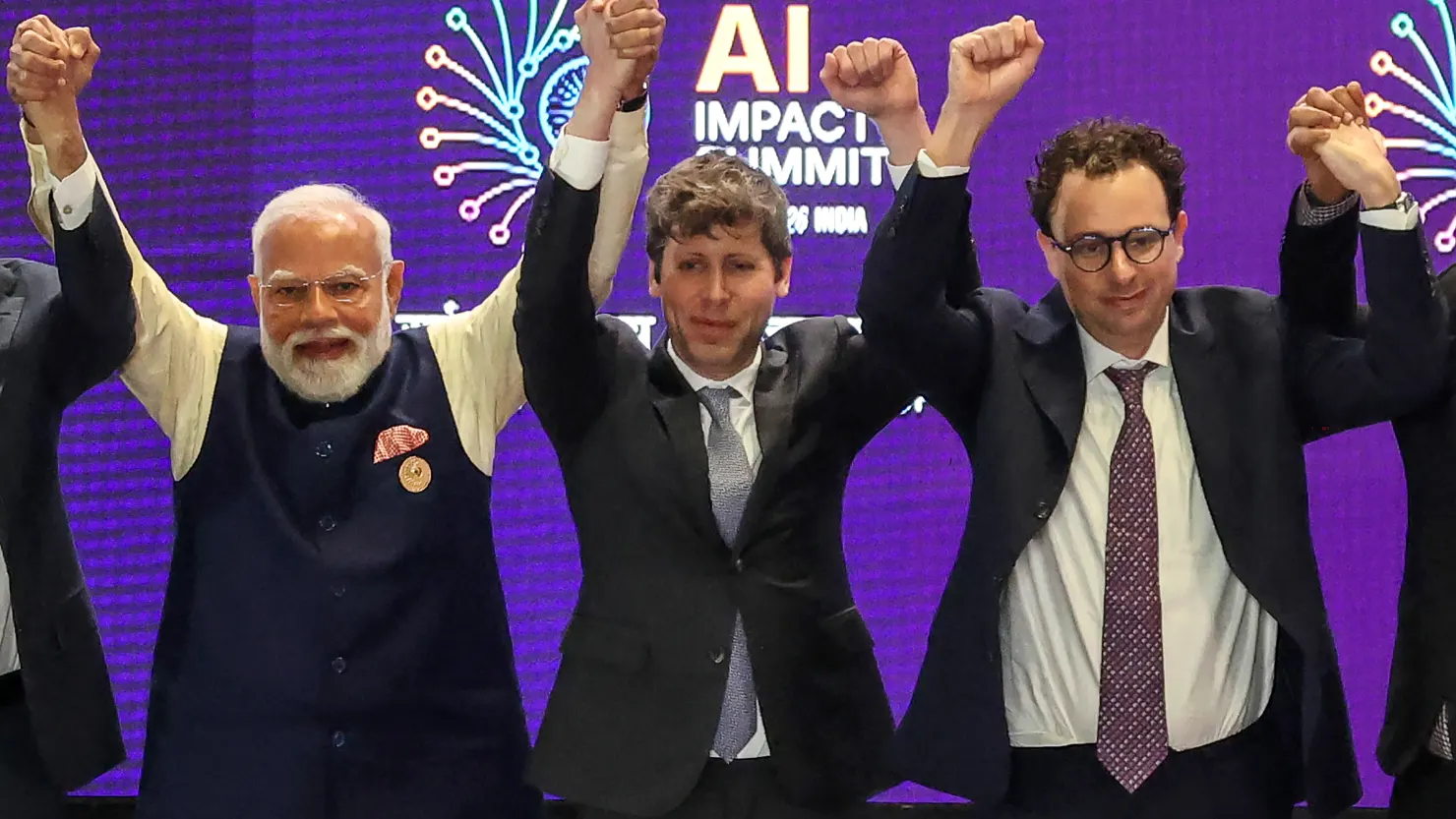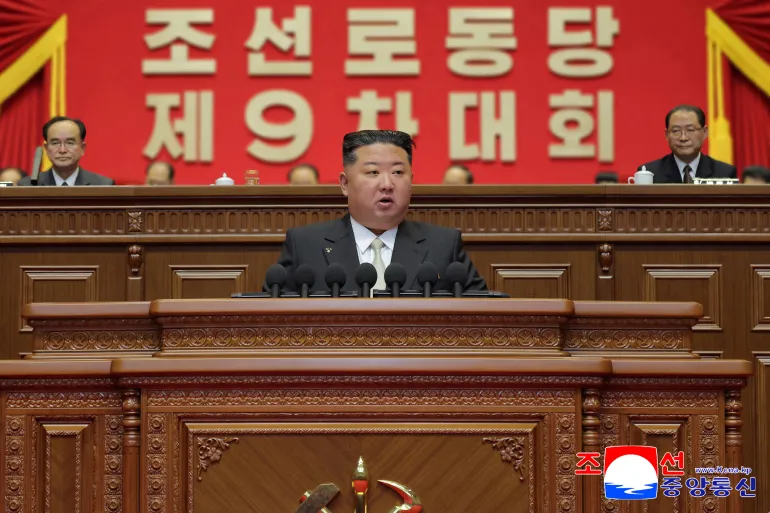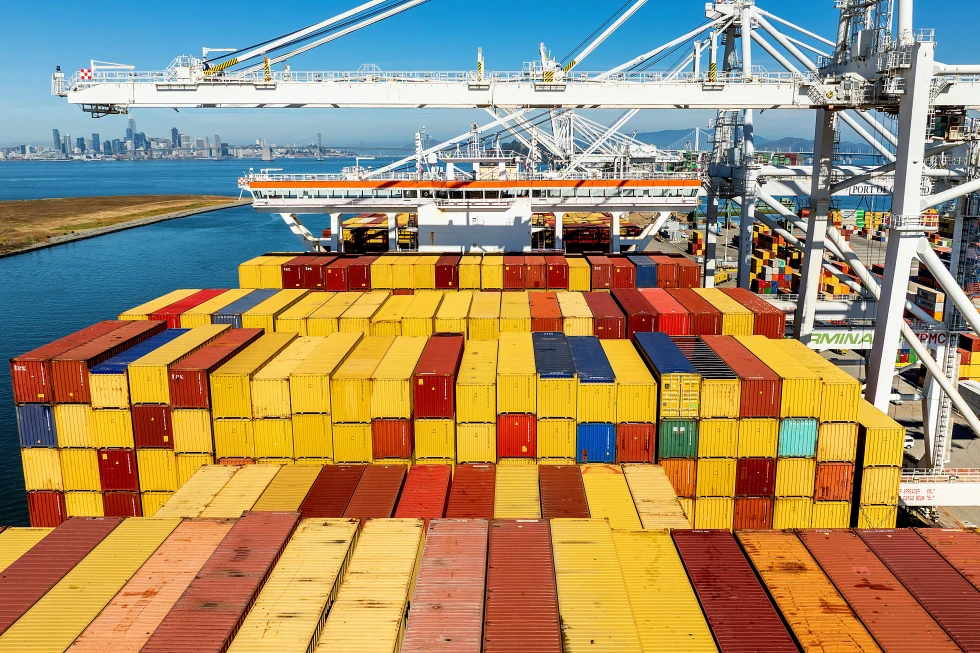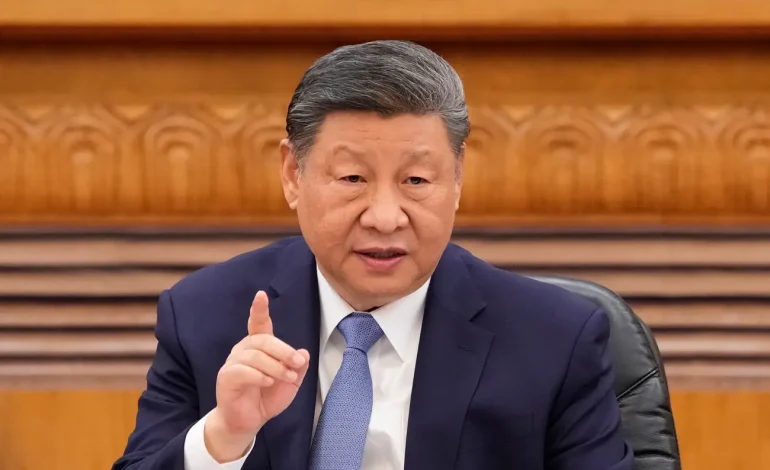China’s central leadership is signaling a shift in economic strategy by pledging to curb aggressive price-cutting among domestic companies, particularly in sectors like electric vehicles and solar energy.
The move, announced during a high-level meeting chaired by President Xi Jinping on Tuesday, reflects growing concern that unchecked competition is distorting markets and threatening broader economic stability.
According to state-run Xinhua News Agency, the leadership emphasized the need to reduce “low-price and disorderly competition among enterprises” and promote the development of a “unified national market.” The statement marks a rare public acknowledgment that excessive internal competition may be undermining China’s own economic recovery efforts.
The announcement comes as China faces mounting pressure both domestically and internationally. While Western countries have criticized China for overcapacity and exporting underpriced goods, which they argue harm foreign industries, Chinese businesses are increasingly experiencing the downsides of price wars themselves. The result has been falling profits, wage suppression, and weakened investment confidence.
China’s electric vehicle (EV) sector, widely viewed as a pillar of the country’s high-tech ambitions, has become a focal point for these challenges. The industry has seen fierce price competition among manufacturers, with some companies slashing prices to maintain market share amid softening demand. Last month, BYD executive vice president Stella Li described the market as “very extreme” and “not sustainable.”
The solar industry has also been affected. A recent editorial in the Communist Party’s official newspaper, People’s Daily, pointed to the “temporary oversupply” of solar cells as a symptom of harmful competition. Chinese manufacturers have reportedly driven prices so low that the products are being repurposed for non-traditional uses, such as fencing in European gardens.
China’s efforts to stabilize its economy come against the backdrop of sluggish post-pandemic recovery, ongoing deflationary pressures, and weakening consumer confidence. Despite introducing consumer-targeted stimulus, such as subsidies for home appliances, the country has struggled to ignite meaningful growth.
A government survey published Monday showed manufacturing activity contracted in June, with smaller enterprises hit hardest. An analysis by Bank of America noted that US tariffs were placing added strain on these firms, compounding existing challenges from weak domestic demand and global trade tensions.
Zhiwei Zhang, president and chief economist at Pinpoint Asset Management, wrote in a note that Beijing’s new messaging signals a shift from demand-side support to addressing deeper supply-side imbalances.
While China has not yet outlined specific policy measures to curtail harmful competition, analysts expect regulatory or market guidance interventions to follow. The People’s Daily editorial emphasized that excessive price-cutting affects tax revenues, employee wages, and overall investment climate — ultimately impeding sustainable development.










The latest news in your social feeds
Subscribe to our social media platforms to stay tuned